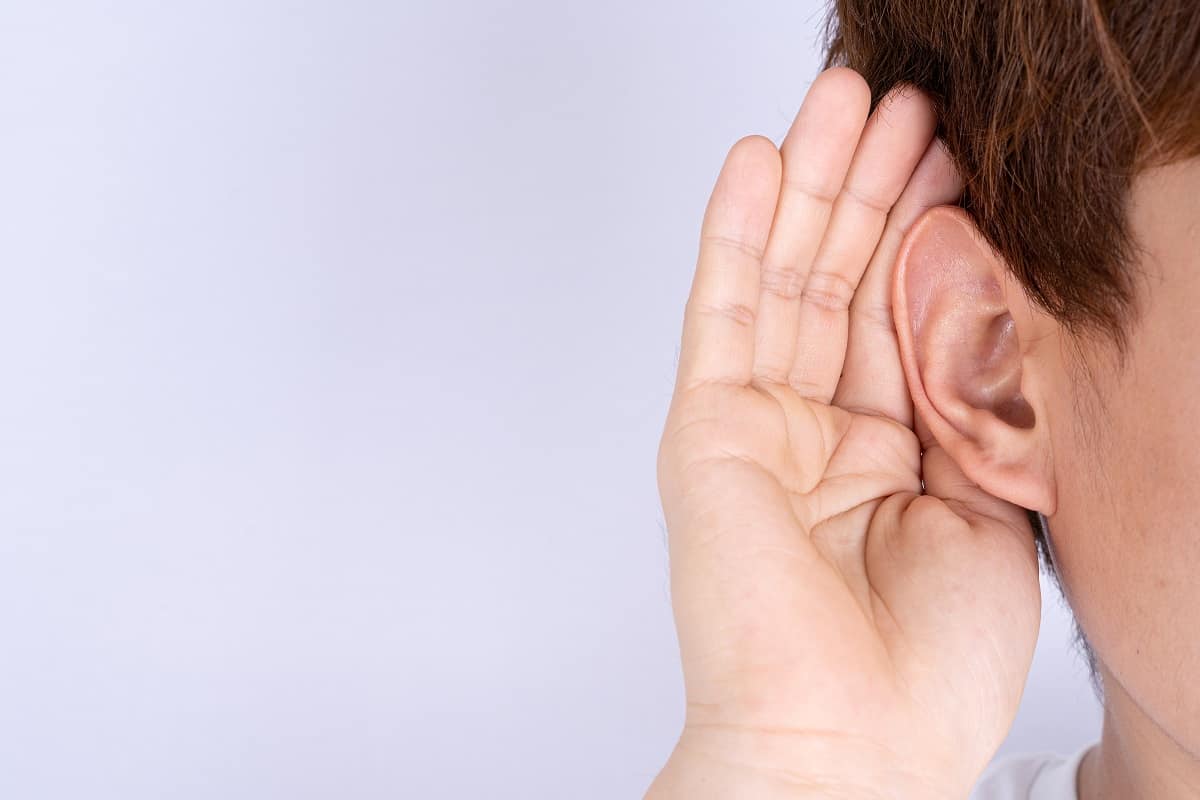- The Connection Between Hearing Loss and Dementia - July 30, 2024
- The Advantages of Rechargeable Hearing Aids - July 16, 2024
- How to Enjoy Music Festivals While Protecting Your Hearing - July 3, 2024
Did you know that March 3rd is World Hearing Day? The World Health Organization (WHO) organizes this global campaign to raise awareness about hearing loss. Nearly 1 in 5 people have some degree of impaired hearing in the United States. This means that nearly 15% of adults have hearing loss. Though it is common, hearing loss is often undertreated. Untreated hearing loss can have multifaceted effects that not only impact hearing but also relationships, work, social life, and your health.
World Hearing Day is an invitation to prioritize your hearing health by scheduling an appointment for a hearing test. This year’s theme is Ear and Hearing Care for All which emphasizes accessing the hearing healthcare resources that are available to transform your hearing health and wellness.
Recognizing Hearing Loss Symptoms
Hearing loss is a medical condition that reduces capacity to hear and process speech as well as sound. Hearing loss typically occurs gradually so people may not immediately notice symptoms which can actually remain unnoticed for quite some time. Being able to recognize signs of hearing loss can support early intervention and treatment. Common signs include:
- Tinnitus: a ringing or buzzing like noise that only you can hear.
- Sounds are muffled or distorted.
- Struggling to hear and keep up with conversations in spaces with background noise (restaurants for example).
- Lip reading to help identify individual words.
- Frequently asking others to repeat what they said, speak louder, and/or slower.
- Pretending to hear to get through a conversation.
- Oftentimes responding to others with “huh” or “what”.
- Turning up the volume on your TV, phone, and/or other electronic devices.
- Moving to a quieter space to be able to hear.
- Being able to hear better out of one ear compared to the other.
- Avoiding conversations, keeping them as short as possible.
These symptoms can be mild to severe, depending on the degree of hearing loss present. To cope with these symptoms, people often avoid conversations by skipping out on social activities and spending less time with loved ones. Social withdrawal is another symptom of hearing loss, one that can impact relationships and mental health. If you recognize any of these symptoms, it is important to have your hearing evaluated by a hearing healthcare specialist.
Seeking Treatment
The first step towards treatment is getting your hearing comprehensively evaluated. Conducted by a hearing healthcare specialist, like an audiologist, hearing tests involve a painless process that measures your hearing capacities in both ears. This noninvasive evaluation process identifies the type of hearing loss and degree of impairment in each ear. Your results establish your hearing needs, allowing your hearing healthcare provider to tailor treatment to meet those needs.
Hearing aids are the most common treatment for hearing loss. These devices are designed to absorb, amplogy, and process speech and sound. This provides the ears and brain with significant support which alleviates symptoms and maximizes a person’s hearing capacity. Today’s hearing aids are more advanced than ever before. Similar to most electronic devices we use, hearing aids have experienced significant innovation in recent years. There is a wide range of options, styles, features, and technologies that are designed to create the most optimal listening experiences in everyday life. Your hearing healthcare provider will help you navigate your options and recommend devices that meet your hearing and lifestyle needs.
Benefits of Treating Hearing Loss
Treating hearing loss offers numerous life-changing benefits. Treatment stops hearing loss from being a barrier and allows people to live active and full lives. Major benefits include strengthening communication, improving relationships, and enriching social life. Hearing aids allow people to hear and communicate with greater ease and clarity. This enables people to fully participate and engage in conversations rather than avoiding them. Strengthened communication improves relationships by allowing people to spend quality time together.
Treatment also improves overall health in significant ways. Studies show that hearing aids strengthen cognitive functions, boosting brain health. This reduces the risk of cognitive decline and associated conditions like Alzheimer’s. Treatment also allows people to be more aware of their environments, increasing spatial awareness and safety which decreases the risk of falls. Lastly, by improving relationships and enriching social life, mental health is also improved. These benefits support a greater quality of life.
Celebrate World Hearing Day by Schedule Hearing Test
Contact us today to schedule an appointment for a hearing test. World Hearing Day is a perfect time to prioritize your hearing health and wellness!

